Privacy row: An in-depth understanding of what the law states
The past few days have witnessed people across the world looking for alternative options if their privacy is likely to be infringed. Why should this matter to advertisers? Part 22 of the series of articles on Misleading Ads by Advocate Aazmeen Kasad serves to demystify the term ‘Privacy’, how use of customer data without their consent can back-fire and provide an in-depth understanding of what the law on the same is, etc.
In Europe, every organisation dealing with personal data was forced to tailor their use of it solely and exclusively in accordance with the General Data Protection Regulations (GDPR) from 2018.
Many created protocols which would be compliant with the GDPR almost a year ahead in the run up to the GDPR becoming effective in the European Union, given the stringent penalties that apply to any corporation that falls foul of it.
In India, largely, those companies that deal with any European data or data of any United States corporation/ personnel, have systems, policies and processes which protect the personal data processed in accordance with the prevailing laws of the land, respectively. Most people in India and across the world know that websites and apps they use have Privacy Policies; but wouldn’t know their contents, if asked what they state.
Given that, on January 4, 2021, when WhatsApp amended its Privacy Policy and made it compulsory for its users to accept its terms and conditions by February 8, 2021, failing which the accounts and services would be terminated for the user, it did not anticipate the repercussions that followed thereon.
The new Privacy Policy took the choice away that users enjoyed till now to share their data. It informed users that WhatsApp would share their data with Facebook-owned and third party owned apps, leading millions of WhatsApp users to look for alternatives, rather than agree to their revised Privacy Policy. Within a week, comparisons between WhatsApp, Signal and Telegram were available all over for people to read and decide on which App offered end-to-end encryption and greater Privacy over the others.
As migration of accounts and groups started soon thereafter, WhatsApp was forced to issue an advertisement which was published on the front page of almost all national daily newspapers in India, to reassure its users that their concerns on Privacy would always be respected by WhatsApp and that their privacy would be protected. Whatsapp has also deferred its new Privacy Policy by 3 months, for the moment.
So, what’s Privacy all about? Do we have any laws in India to protect it? If so, which are these?
In lay man’s terms, ‘Privacy’ is the ability of an individual or group to seclude themselves or information about themselves, and thereby express themselves selectively. When something is private to a person, it usually means that something is inherently special or sensitive to them.
In India, the law on ‘Privacy’ flows from the Fundamental rights of every person, guaranteed under the Constitution of India and recognised by the Supreme Court of India in Justice KS Puttaswamy & Others v/s Union of India & Others. That apart, the Information Technology (Reasonable Security Practices and Procedures and Sensitive Personal Data or Information) Rules, 2011 have provisions on sensitive personal data or information that corporates are mandated to follow in India.
Recently, the Consumer Protection Act, 2019 which has come into force also included a provision on protection of consumers’ privacy defining unauthorised disclosure to other persons, any personal information given in confidence by the consumer, unless such disclosure is made in accordance with the provisions of any law for the time being in force, as an ‘Unfair Trade Practice’.
Thus, unless the disclosure is required under a legal requirement, any disclosure of any consumer’s personal information is an unfair trade practice, and a complaint in respect of the same can be filed before the Central Consumer Protection Authority per Section 18(1)(b) of the said Act. The Central Consumer Protection Authority will regulate matters relating to violation of rights of consumers, unfair trade practices and false or misleading advertisements which are prejudicial to the interests of public and consumers to promote, protect and enforce the rights of consumers. This Authority is headquartered in the National Capital Region of Delhi and may have regional and other offices across India.
Per Section 2(1) of the Consumer Protection Act, an ‘advertisement’ means any audio or visual publicity, representation, endorsement or pronouncement made by means of light, sound, smoke, gas, print, electronic media, Internet or website and includes any notice, circular, label, wrapper, invoice or such other documents. Therefore, this includes advertisements not only on the traditional media such as print, radio or television advertisements, but also includes packaging, point of sale material, etc. Advertisements on the Internet, including social media, such as ads posted on Facebook, Instagram, Twitter, LinkedIn, etc., also fall within the purview of the Act, as do advertisements on websites, which includes the advertiser’s own website(s).
A ‘misleading advertisement’ in relation to any product or service, is an advertisement, which (i) falsely describes such product or service; or (ii) gives a false guarantee to, or is likely to mislead the consumers as to the nature, substance, quantity or quality of such product or service; or (iii) conveys an express or implied representation which, if made by the manufacturer or seller or service provider thereof, would constitute an unfair trade practice; or (iv) deliberately conceals important information. Thus, any advertisement which expressly or impliedly misleads consumers about the product or service will also be considered as misleading in nature.
A complaint relating to any false or misleading advertisements may be forwarded either in writing or in electronic mode, to any one of the authorities, namely, the District Collector or the Commissioner of regional office or the Central Authority. After a preliminary enquiry is made, if the Central Authority is satisfied that a prima facie case exists, an investigation shall be conducted.
Where the Central Authority is satisfied after conducting the investigation that the advertisement for which a complaint is received is false or misleading and is prejudicial to the interest of any consumer or is in contravention of consumer rights, it may, by order, issue directions to the concerned trader or manufacturer or endorser or advertiser or publisher, as the case may be, to discontinue such advertisement or to modify the same in such manner and within such time as may be specified in that order. If the Central Authority is of the opinion that it is necessary to impose a penalty in respect of such false or misleading advertisement, by a manufacturer or an endorser, it may, by order, impose on manufacturer or celebrity endorser a penalty which may extend to Rs 10 lakh: Provided that the Central Authority may, for every subsequent contravention by a manufacturer or endorser, impose a penalty, which may extend to Rs 50 lakh. Additionally, where the Central Authority deems it necessary, it may, by order, prohibit the celebrity endorser of a false or misleading advertisement from making endorsement of any product or service for a period which may extend to one year: For every subsequent contravention, prohibit such endorser from making endorsement in respect of any product or service for a period which may extend to three years. Where the Central Authority is satisfied after conducting an investigation, that any person is found to publish, or is a party to the publication of a misleading advertisement, except in the ordinary course of his business, it may impose on such person a penalty which may extend to Rs 10 lakh. The defence that the false or misleading advertisement was published in the ordinary course of business shall not be available to such person if he had previous knowledge of the order passed by the Central Authority for withdrawal or modification of such advertisement.
In light of the newly introduced provisions under the Act, which came into force from July 20, 2020, it is advisable for both the advertisers and the endorsers to exercise caution in the claims that form part of the advertisement of the goods/ services. The ensuing Parts of the series will pertain to various aspects of what constitutes Misleading Advertising and key judicial precedents on the same.
Advocate Aazmeen Kasad is a practicing corporate advocate with over 20 years of experience, with a focus on the Media, Technology and Telecom industries. She is also a professor of law since 14 years. She is a member of the Consumer Complaints Council of the Advertising Standards Council of India. She is a speaker at several forums.



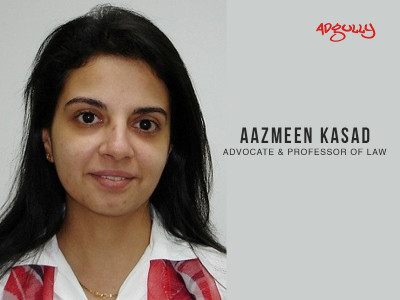
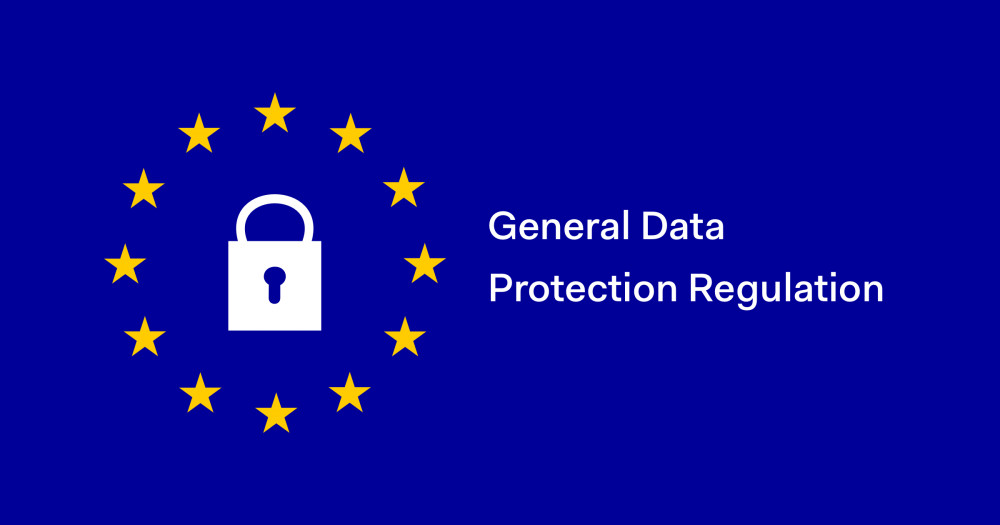
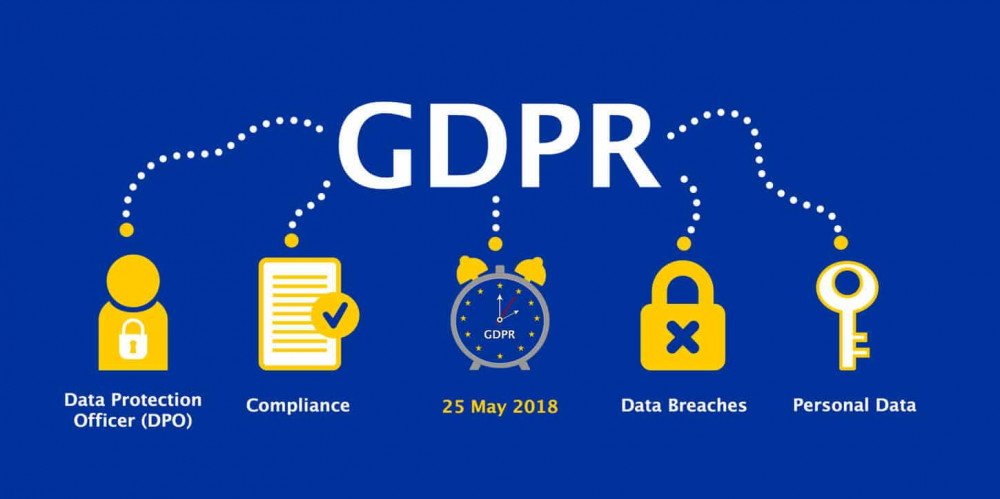


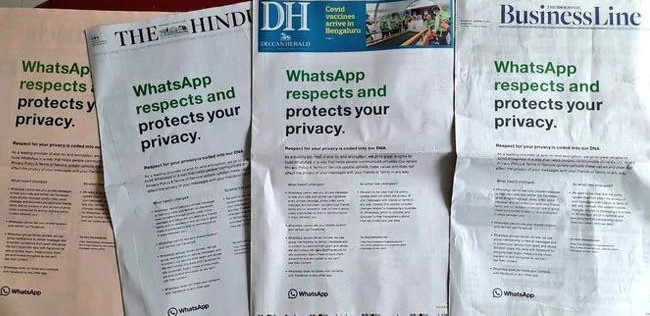

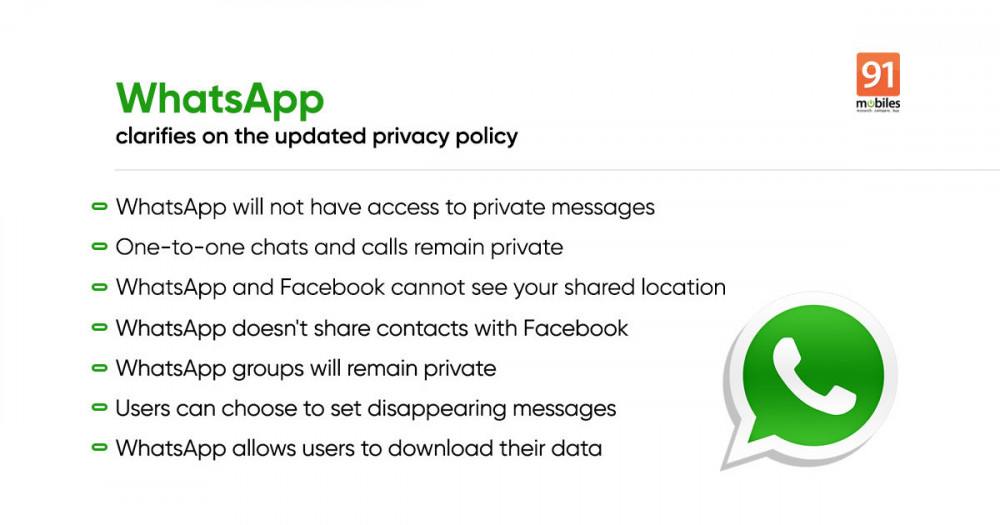














Share
Facebook
YouTube
Tweet
Twitter
LinkedIn